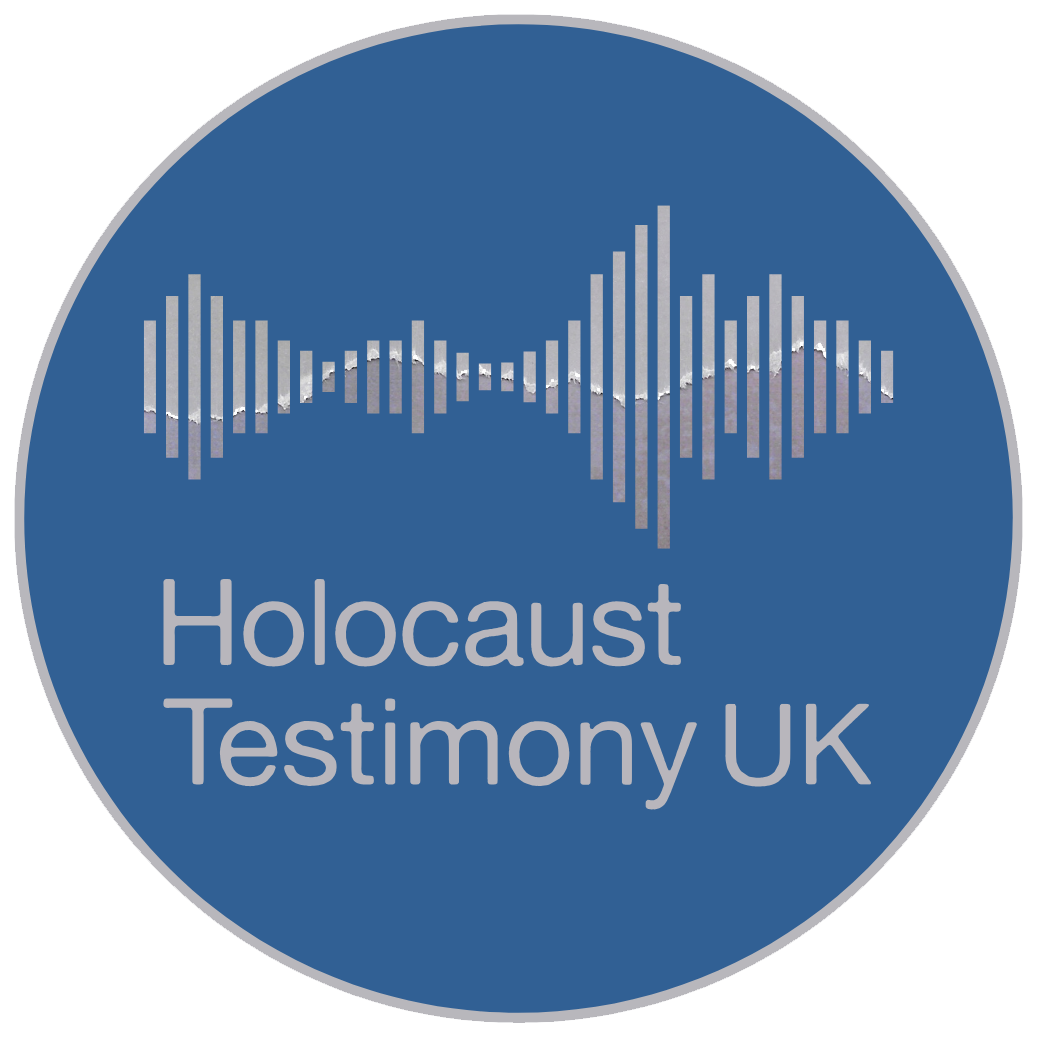<message>

Name
Born:
N/A
Place of Birth:
N/A
Date of Interview:
12/12/19
Place of Interview:
Interviewed by:
Name (Clickable)


It looks like this interview is hosted by one of our partners
Please click the link below to be redirected...
Visit Partner Website



INTERVIEW:
<name>
Born:
00/00/0000
Place of Birth:
Budapest
<name>
Born:
00/00/0000
Place of Birth:
Institution:
<partnerName>
Collection:
Date of Interview:
12/12/19
Interviewed By:
Dr Bea Lewkowicz

Interview Summary
Gabor Otvos was born in 1941 in Budapest. His parents were Jozsef Otvos (born, Jozsef Ӧhlmacher, changed name in 1949) and Irene Berger. His father was born in Berrettyoujfalu (Hungary) and had a printing business and his mother was a bookkeeper.
Gabor has very few wartime memories but remembers the sound of bombardments. In 1942 his father was taken to Forced Labour to the front in Ukraine. His mother suffered from depression and a great-aunt of Gabor took care of him. He and his mother had to move to a ‘Yellow Star House’ after the German Army entered Hungary. His father managed to escape from Forced Labour and collected his mother and him to move to a different area of Budapest (Baross Utca). With Christian papers, pretending to be refugees from the East. The remaining family in Berrettyouifalu were deported and killed in the Holocaust while most other family members in Budapest survived the war.
After the war, Gabor’s father re-opened his printing business and Gabor attended the Jewish Primary school. His brother Endre, later Andrew, was born in 1949. When the communists came to power, the business was nationalised and the Jewish school was closed. Gabor then attended the primary school in Sziget Utca and Gymnasium until 1956, when he escaped Hungary. Together with his friend, the two 15 year olds, with a group of other people, walked across the border on the 9th of December 1956 and arrived in the Austrian village of Waldorf, from where they were brought to Vienna. After two weeks, Gabor and his friend arrived in Paris, where his friend had relatives and he had a cousin. They were put in a Jewish Hostel, where Gabor experienced for the first time ‘Jewish life’, like Friday night services. He learnt French and adapted to live in France, writing home often. In January 1958 his parents managed to get papers and also emigrated. As they could not get permanent visas for France, they came to the UK, where they had other family members and a guarantor.
In June 1958, finishing the school year in France, Gabor joined his parents and brother in Southend –on- Sea, where they had settled. He finished his schooling at the Lycée Francais in London (Kensington) and went to Manchester University to study architecture. He met his future wife Beryl at Manchester University and they eventually moved to Pinner, where Gabor joined Harrow Council, and they raised two sons.
Gabor feels at home in Pinner but states that his experiences as a refugee have created a void which cannot be filled. Although he wouldn’t want to live in Hungary he has a passion for the Hungarian language and its poetry which he isn’t able to share. Until recently he only considered his parents Holocaust survivors but now understands that although he was a young child, he is also a Holocaust survivor and that the war experiences have affected his later life.
Additional Comments:
At the end of the interview, Gabor reads a Hungarian poem “Nem Tudhatom” by Miklos Radnoti.
Key words: Berrettyoujfalu. Budapest. Child Survivor. Escape 1956. Jewish Hostel Paris. Paris. London. Southend-on-Sea. Architect. Manchester University. Öhlmacher. Otvos. Berger.


